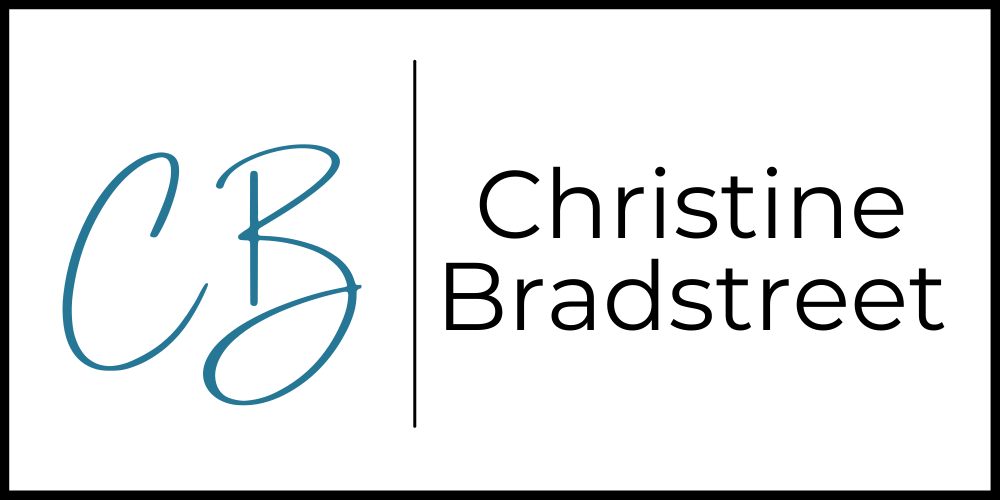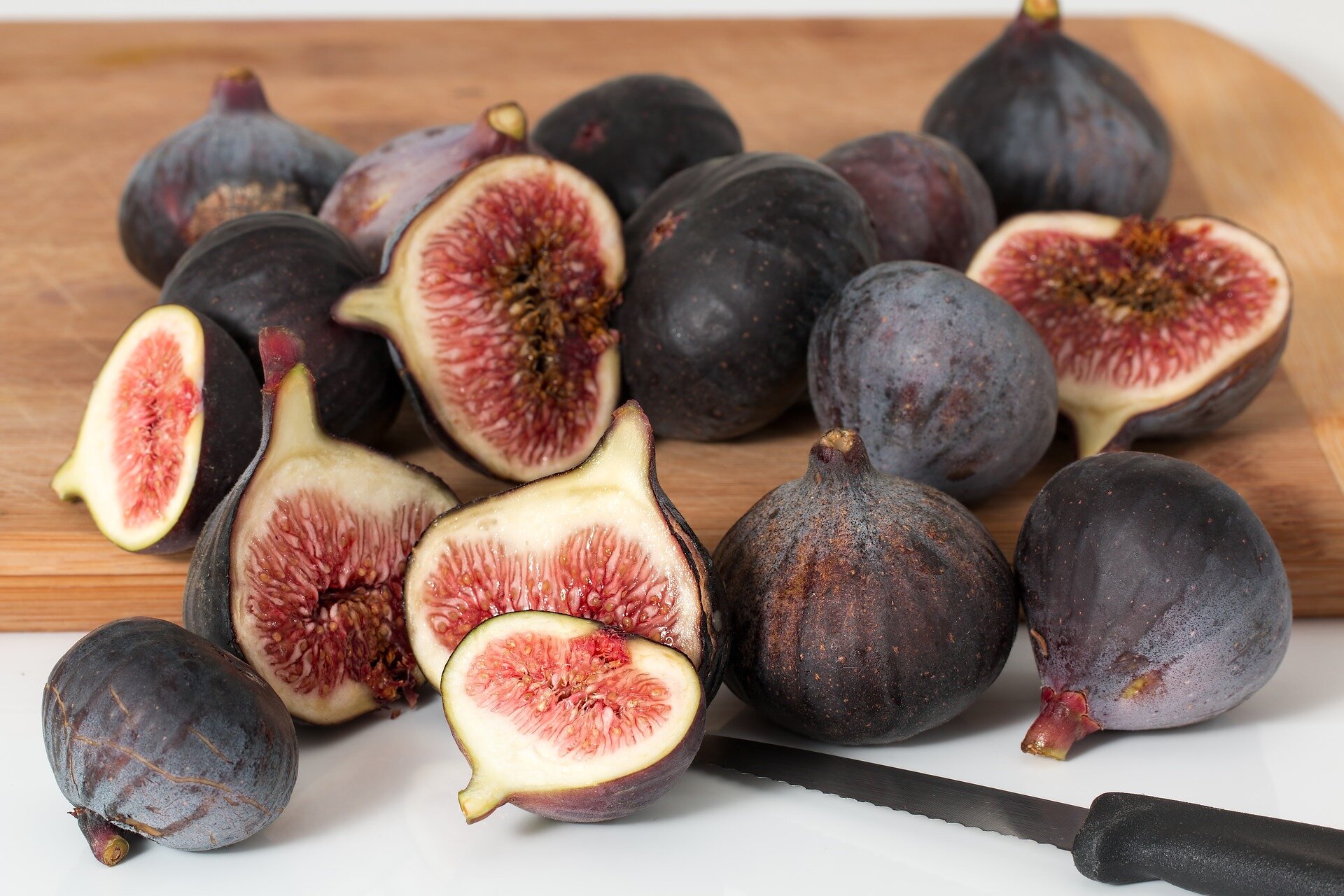When the Cure Doesn’t Heal You
42nd.
That’s where the US ranks in the world for expected average lifespan.
The country is sick not only from a medical perspective, it’s sick emotionally and spiritually as well.
Plenty is wrong with this picture, but it wasn’t always like this.
It wasn’t always like this.
Since the earliest recordings of history, there existed a universally accepted approach to health and wellness. It’s the fundamental concept that the mind plays an essential role in creating a balanced and healthy body.
Hippocrates recognized and taught the inclusiveness of mental and spiritual aspects of healing.
“It’s far more important to know what person the disease has than what disease the person has.” — Hippocrates
This concept has been prevalent in Ayurvedic and Chinese medicine theories as well, and these systems date back over thousands of years.
Then, around the 17th century a division in philosophies arose and the prevalent thinking began separating mind from body.
You’re more than your parts.
Today’s mechanistic model breaks down the body into parts and treats them as if they’re independent of the mind.
The mechanistic model exclusively focuses on disease, pathological changes, and external cures.
Doctors feel compelled to supply something tangible. Medication, or surgery are the two tools in the toolbox of today’s western medic, so that’s what you get.
“The natural healing force within each of us is the greatest force in getting well.” — Hippocrates
Patients are passive receivers of medical care. There’s little self reliance, or self responsibility.
There’s little consideration about the complex dynamics of lifestyle, thoughts/beliefs, fears, social support, or happiness. In other words, it lacks a sense of wholeness.
The focus is manipulating a cure instead of a nurturing a healing.
Here’s What We’re Getting Wrong About Healing
When the cure doesn’t heal you.
Cure is removing the offending part. Maybe that’s a pathogen (i.e. germ), or a malfunctioning organ we “don’t need” (there’s no such thing), or something that shouldn’t be there, like a tumor.
Cure is restoring physical functioning even if it was done by chemical means. Medicines are chemicals that force the body to alter it’s physiology in some way.
I argue that this sort of approach may supply cures, but it rarely supplies healing.
The goal of healing is to restore a person’s state of complete physical, mental, and social wellbeing.
It’s more nuanced that eracing any visible signs of disease.
Healing examines how a person thinks, perceives, and processes life. What emotions and memories are intertwined with their health challenge?
Healing is about supporting the physical, the emotional, the mental, and the spiritual bodies. It’s a return to wholeness.
Did you hear the story not long ago about the British teen who lost hearing and went blind after a lifetime of eating only junk food?
The radio report of the story claimed he was “healthy” until he lost his vision.
That sums up the difference between curing and healing.
In the “cure” model, he was healthy because he displayed no symptoms and his physiology functioned.
In the healing model, he was unhealthy years before he lost his vision.
The return to an integrated approach.
There’s a model that integrates the best of all systems. It’s the Biopsychosocial model of healthcare.
It’s a blend of what we’ve learned from modern science, the psychology of health, and the dynamics of our social support and customs.
“If we could give every individual the right amount of nourishment and exercise, not too little and not too much, we would have found the safest way to health.” — Hippocrates
This integrated approach abides by the basic assumption that there’s unity of mind and body.
The interactions of your core beliefs, lifestyle habits, stress management, and social relationships impact how your body functions.
It’s healthcare instead of disease care.
It promotes prevention through behavioral habits and environmental changes. It emphasizes wellness through not only good medical care but also emotional care, a quality of life, and strong and supportive relationships.
Health psychology is incorporated through focusing on perceptions, emotions, core beliefs, and behavioral habits.
Integrated biopsychosocial healthcare is about healing, not curing.
You can move toward this type of care.
Your medical doctor isn’t going to do it for you, and you’ll have to take the reigns yourself. Reading this post is one step in that direction.
True health involves personal responsibility and commitment. It’s relying on what you can do for yourself while you’re supported by health practitioners, but not dependent on them.
Every area of health not working its best for you needs to be explored from a psycho-social perspective because every challenge to your health is affected by your thoughts, beliefs, and baggage.
Like any stuck area in life, if you want your health to improve, you have to clear your baggage.
If you say you want to be healthier, make an investment in it.
Think of all the things you spend time and money on that don’t add one bit to your health.
Spend that time and money on you instead.
Take the course, read the book, hire the coach, see the practitioner. Do the things you need to do to have true and complete health.
So, what’s the next simple tangible step you can take to heal?
all images open source from Pixabay.com




